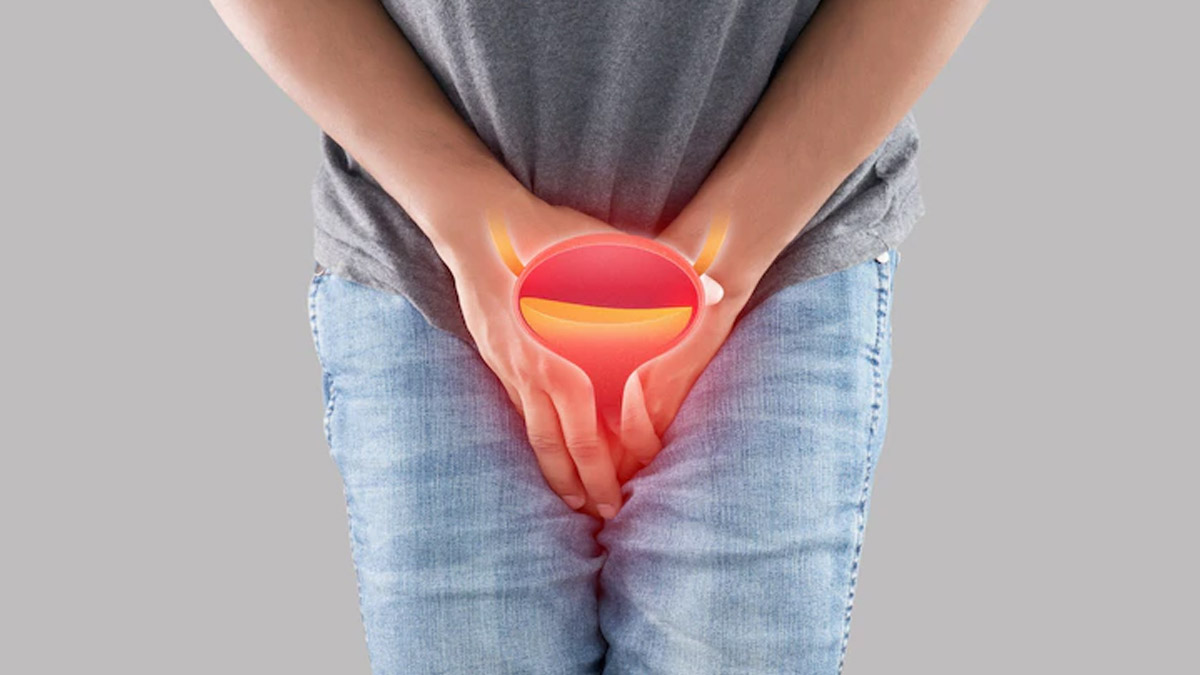
Urination is a natural bodily function that allows us to eliminate waste products and excess fluids from our bodies. However, for some individuals, urination can become a difficult and uncomfortable experience. There are a number of reasons why this might happen, and understanding the underlying causes can help you better manage your symptoms and improve your overall urinary health.
Table of Content:-
Reasons Why You Are Facing Difficulty During Urination
1. Enlarged Prostate
One common cause of difficulty while urinating is an enlarged prostate. The prostate is a small gland located near the bladder that helps produce semen. As men age, the prostate can become enlarged, which can cause symptoms such as difficulty starting or stopping urination, a weak urine stream, and the need to urinate frequently. This condition is known as benign prostatic hyperplasia (BPH) and can be treated with medication or surgery.
2. Urinary Tract Infection (UTI)
Another potential cause of difficulty while urinating is a urinary tract infection (UTI). UTIs are caused by bacteria that infect the urinary tract, and they can cause symptoms such as a burning sensation during urination, a frequent need to urinate, and cloudy or strong-smelling urine. UTIs are typically treated with antibiotics.

Also read: Expert Explains Health Hazards Of Bad Cholesterol
3. Kidney Stones
Kidney stones are another possible cause of difficulty while urinating. These small, hard deposits of minerals and salts can form in the kidneys and can cause severe pain as they travel through the urinary tract. Symptoms of kidney stones include severe pain in the lower back or side, nausea, vomiting, and blood in the urine. Treatment for kidney stones may include medication to help them pass or surgery to remove them.
4. Vaginal Prolapse
In women, vaginal prolapse can also cause difficulty while urinating. Vaginal prolapse is a condition where the vaginal walls and uterus weaken and fall into the vaginal canal, which can cause difficulty with urination, constipation, and discomfort during sex. Vaginal prolapse can be treated surgically or with pelvic floor therapy.
5. Certain Medications
Certain medications can also contribute to difficulty while urinating. Some medications, such as antihistamines, can cause the muscles in the urinary tract to relax, making it harder to control the flow of urine. Additionally, certain antidepressants and blood pressure medications can also cause urinary symptoms.

Also read: Expert Explains Health Hazards Of Bad Cholesterol
6. Symptoms of an underlying health condition
In some cases, difficulty while urinating may be a symptom of a more serious condition, such as bladder cancer or urinary incontinence. If you are experiencing difficulty while urinating, it is important to speak with a healthcare professional to determine the underlying cause and appropriate treatment.
In conclusion, difficulty while urinating can be caused by a wide range of factors, including enlarged prostate, urinary tract infections, kidney stones, vaginal prolapse, and certain medications. Understanding the underlying causes of your symptoms can help you to better manage your urinary health and improve your quality of life. If you are experiencing difficulty while urinating, it is important to speak with a healthcare professional to determine the appropriate treatment.
Also watch this video
How we keep this article up to date:
We work with experts and keep a close eye on the latest in health and wellness. Whenever there is a new research or helpful information, we update our articles with accurate and useful advice.
Current Version
